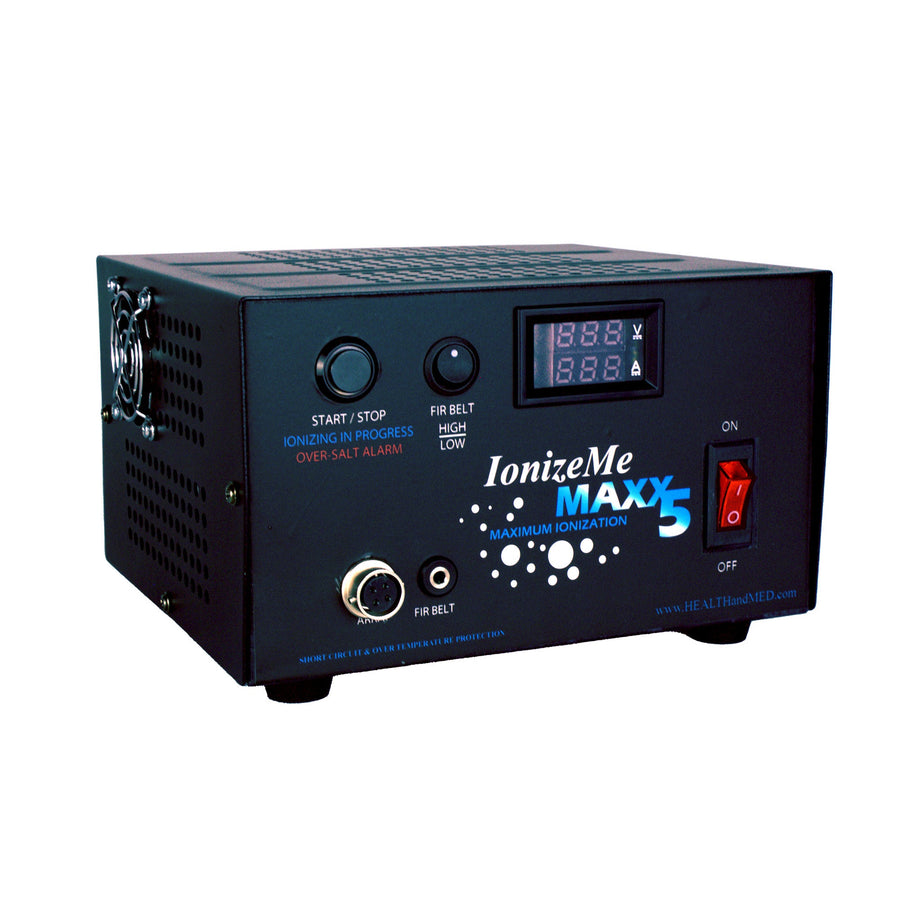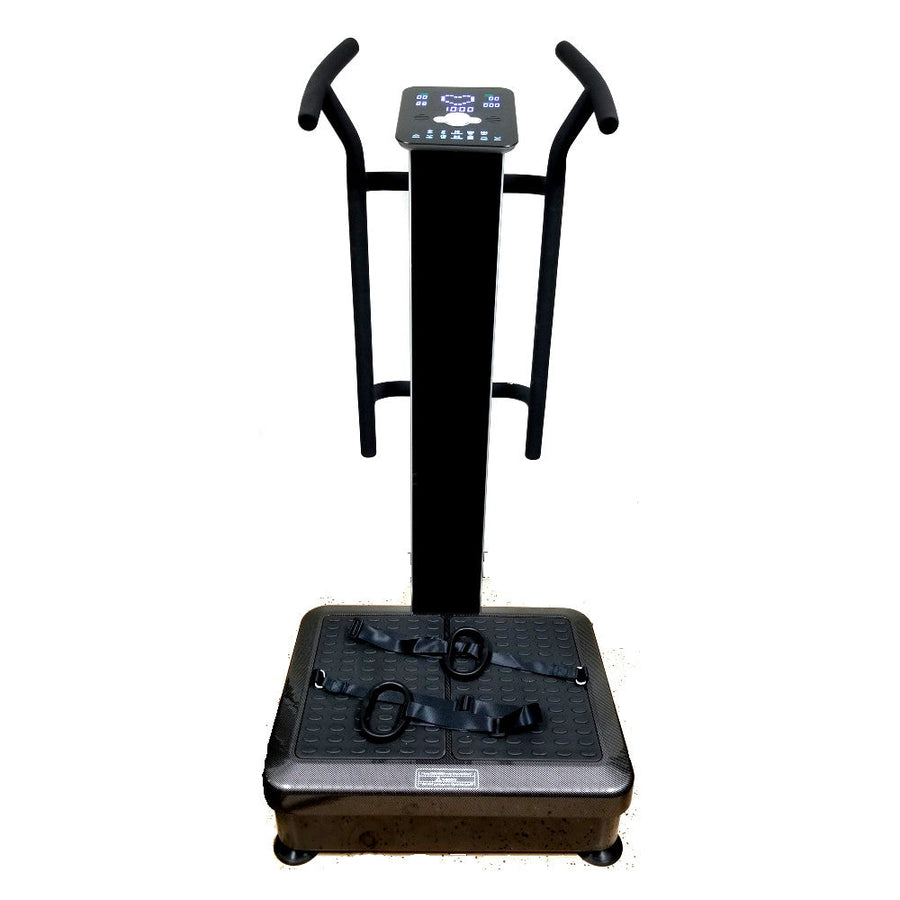BPA Toxin Coats Cash Register Receipts
BPA (a synthetic estrogen like chemical ) has been in the news recently for it’s toxic effects on humans who are exposed to it via plastic baby bottles and water containers. Now new research has found that BPA is effecting us via the paper receipts from your local grocery store, post office etc.
One of the world’s leading research facilities for detecting BPA concentrations, University of Missouri Division of Biological Sciences laboratory, examined 36 receipts to asses their BPA levels and found that over 40% containted BPA. Around 20% had extremely high levels. “We’ve come across potentially major sources of BPA right here in our daily lives,” said Sonya Lunder, a senior analyst with EWG (the environmental working group). “When you’re carrying around a receipt in your wallet for months while you intend to return something, you could be shedding BPA into your home, into your environment. If you throw a receipt into a bag of food, and it’s lying there against an apple, or you shove a receipt into your bag next to a baby pacifier, you could be getting all kinds of exposure and not realize it.” The environmental working group (EWG) assessed BPA around the nation and added that “the federal Centers for Disease Control and Prevention have found BPA in the bodies of 93 percent of Americans over age 6. EWG analysis of CDC data has found that people who reported working in retail industries had 30 percent more BPA in their bodies than the average U.S. adult, and 34 percent more BPA than other workers. (CDC 2004). As of May 2009, 1 in 17 working Americans — 7 million people — were employed as retail salespersons and cashiers, according to the Bureau of Labor Statistics.” With all of this BPA exposure going around many people are wondering how much of it is getting absorbed into the body. Although a spokeswoman from the CDC explained that “Biomonitoring data from the U.S. Centers for Disease Control shows that exposure to BPA from all sources, which would include typical exposure from receipts, is extremely low,” a study conducted earlier this month concluded that “penetration of the skin depends on the conditions. Extractability experiments did not enable us to conclude whether BPA passes through the skin, but indicated that it can enter the skin to such a depth that it can no longer be washed off.” It is in the best interest of everyone to err on the side of caution until further research can clarify the effects of BPA laden cash register receipts on human health.





